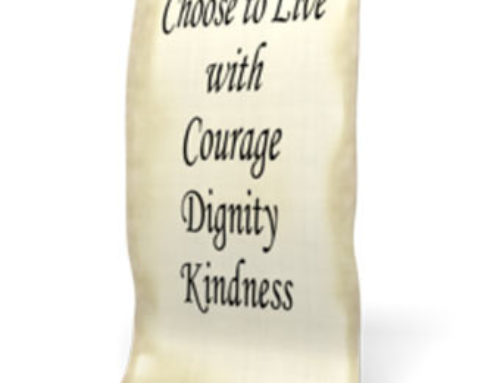 When you enter a room, you bring your energy with you. People with dementia are sensitive to other people’s moods. If you are feeling happy, positive and cheerful, they will respond to that. If you feeling rushed, cranky or resentful, they will also react to that.
When you enter a room, you bring your energy with you. People with dementia are sensitive to other people’s moods. If you are feeling happy, positive and cheerful, they will respond to that. If you feeling rushed, cranky or resentful, they will also react to that.
One of the easiest ways to change a mood is with music. Music memories are stored in a different part of the brain than language. People who haven’t spoken in a long time will often sing along when they hear a familiar song.
Go online and figure out what songs were popular when your care receiver was in his/her teens, twenties and thirties. If they sang in a church choir, search for timeless and familiar hymns. Create a playlist and then load them onto an iPod or smart phone. (Enlist the help of a child or grandchild if you don’t know how to do this.)
It’s easy to get depressed when you are caring for someone who has a progressive and degenerative disease. Music won’t fix the problem or change the outcome, but it can relieve stress, lift spirits, and change a person’s mood from crabby to cooperative. If you can manage their mood, and keep them happy, chances are your mood will also improve, and that could make the other people in your life feel a little happier, too!




